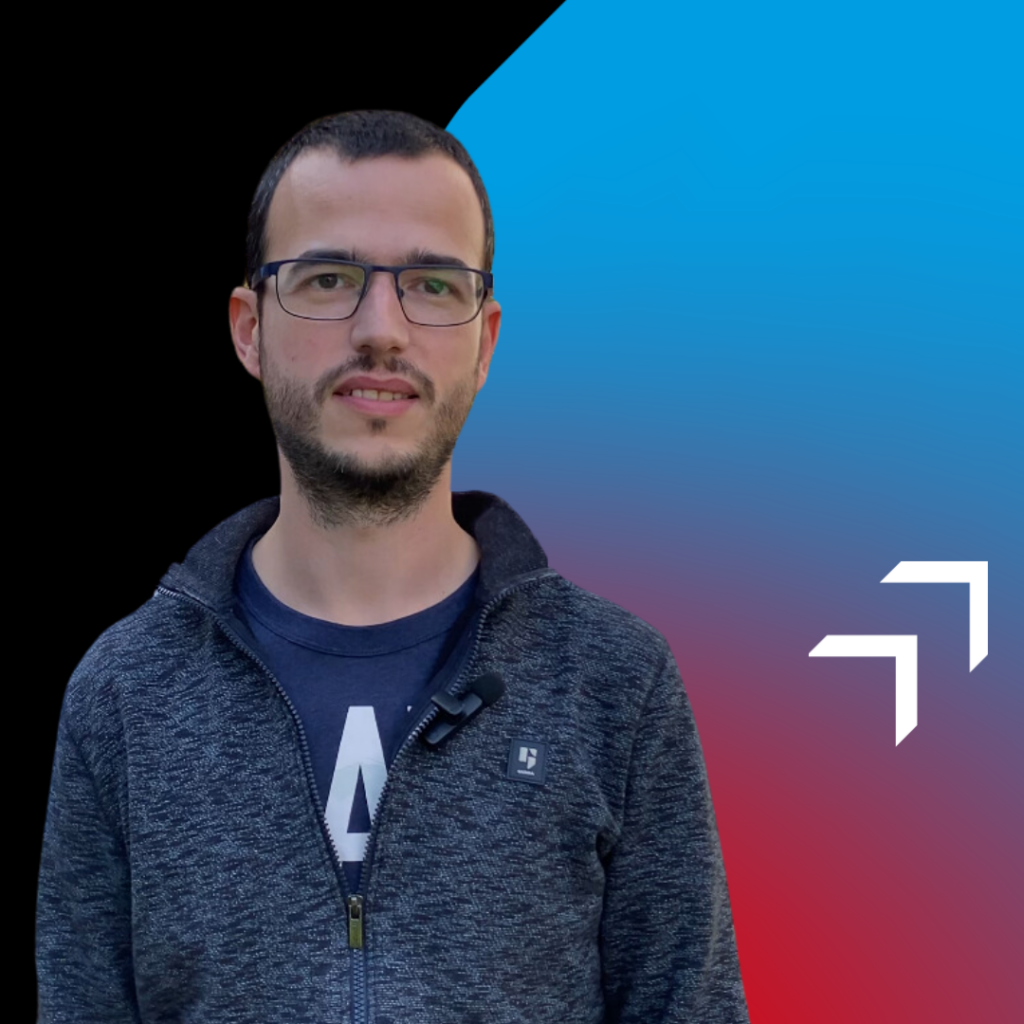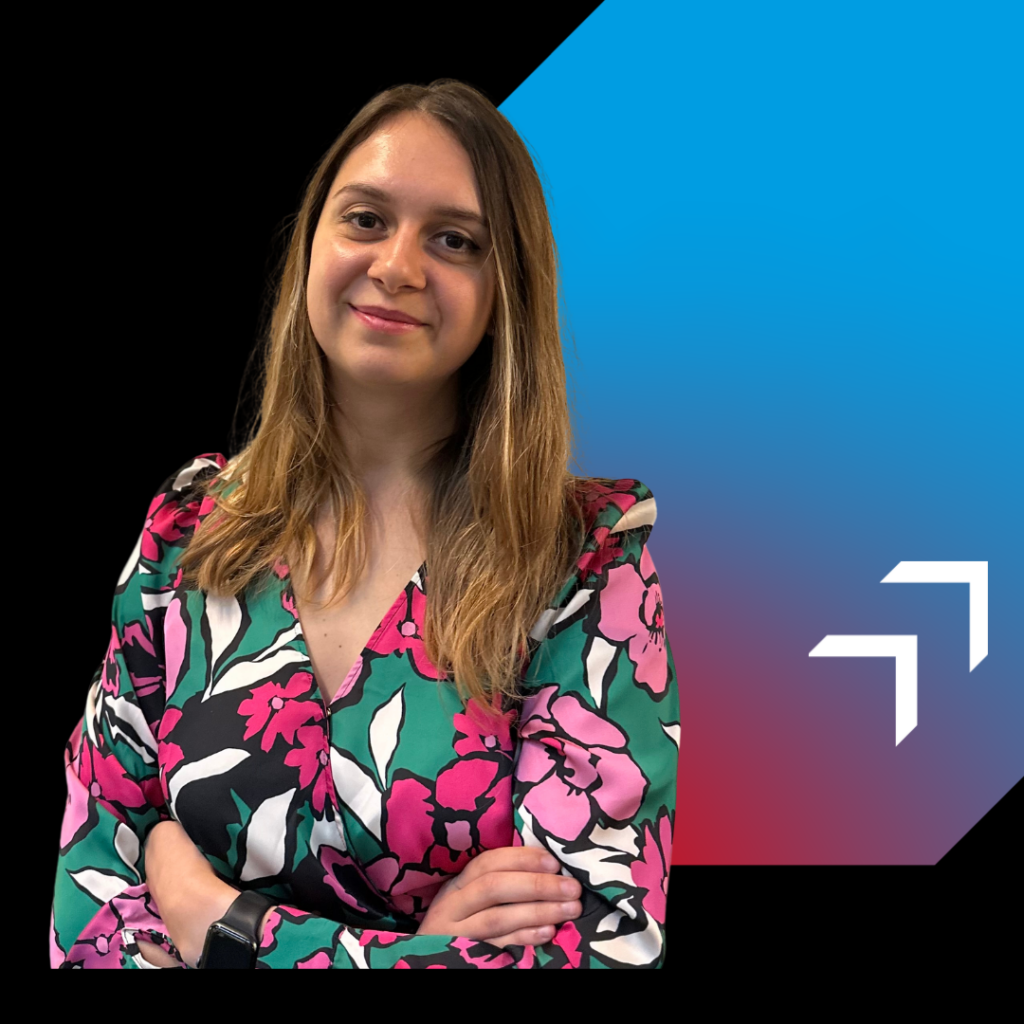In conversation with our young researchers: Alessandro Tugnetti
21 April 2023

From Art NFTs to Classic Finance
New assets representing Art such as Non-Fungible Tokens (NFTs) are representing a big trend for several years now. But we still need to find how these novel technologies can establish themselves in a more suitable and sustainable way in the current economic and financial sector.
What are the links between the world of classical Finance and the one of Fine Art? And what are the “value-creating” factors of new tools such as Non-Fungible Tokens (NFTs)?
At the University of Luxembourg, Alessandro Tugnetti is a PhD candidate with research interests on the intersection of art markets and empirical asset pricing. Being part of the Finance Department of the Faculty of Law, Economics and Finance (FDEF), he is working under the supervision of Prof. Roman Kräussl, professor at the Department of Finance, and Prof. Gilbert Fridgen, professor at the Interdisciplinary Center for Security, Reliability and Trust (SnT) at the University of Luxembourg.
Depicting the Art Market
A few years ago, with a M.Sc. in Quantitative Finance and Insurance from the University of Turin and a Master in Economics of the Collegio Carlo Alberto, Alessandro moved to Luxembourg to work in the financial sector. But he rapidly realised that he wanted to take the road of research to help to better understand how companies, and society in general, can navigate the intersection of art and finance. Specifically, he wanted to explore how financial tools and strategies could be used to help sustain and grow the art market, while also ensuring that artists are fairly compensated and that cultural heritage is preserved for future generations.
Alessandro’s research focuses on studying the intersection between the world of finance and that of the art market, with particular attention to the new systems, technologies and trends and to the determinants of the price of tradable assets in these new systems.
The goal of his research is to find the ways in which new technologies and techniques (blockchains, NFTs, and fractional ownership among the others) are changing the art market and collectibles industry. By exploring the potential of these new technologies and ownership structures, he hopes to uncover new opportunities for artists, collectors, and investors to participate in the market in more transparent and equitable ways.
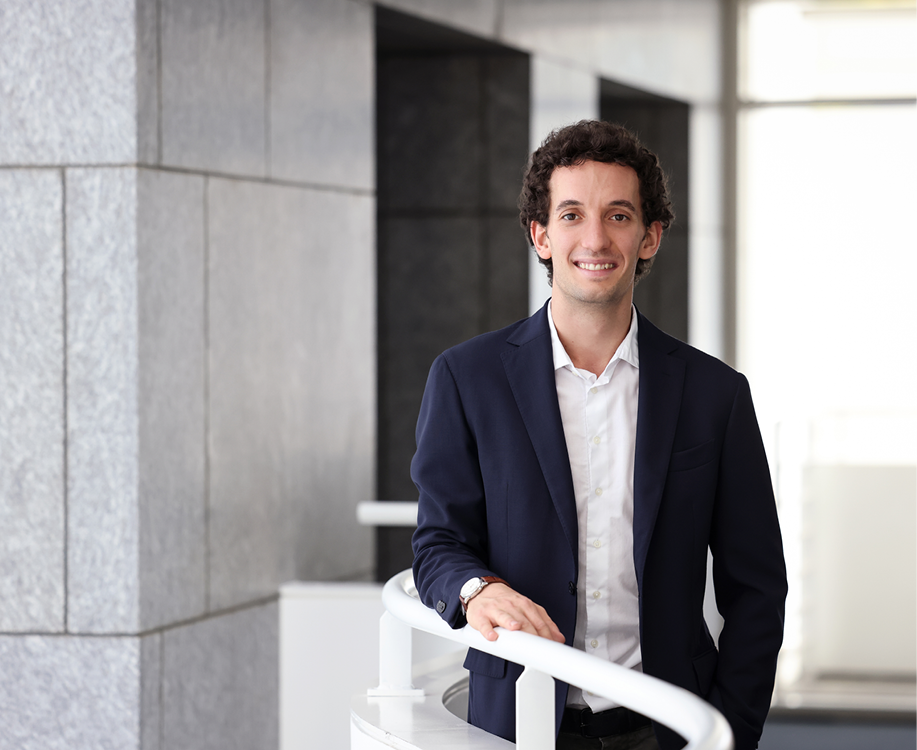
In one of our latest works, we were studying the value determinants of non-fungible tokens (NFTs), a big trend between 2018 and 2021.The goal of our research is to find how blockchain technology and in general those new systems, can establish themselves in a more suitable and more sustainable way in the current economic and financial sector that we live every day.
Alessandro Tugnetti
DATA analytics for ART-valuation
The importance that collectibles play in wealth management is becoming increasingly crucial, and this necessitates the development of models which can efficiently predict their price fluctuations. In this research, Alessandro will exploit the ways in which technology is changing the art market by applying supervised machine learning methods to artistic products.
The objective will be to develop a pricing method that is on one hand more accurate, and on the other that maintains the level of interpretability of the models currently used in the industry. In particular, art pricing is typically concerned with estimating Ordinary Least Squares (OLS) models, leveraging on their interpretability potential. However, it is known how these algorithms have small predictive capacity when compared with more flexible models in sectors where the uncertainty and human bias of valuation experts become stronger.
Once one take advantage of the strength and abundance of data existing on the “physical” art framework, the idea is to extend the reasoning to the Non Fungible Token (NFT) market. The goal here would be to understand the “value-creating factors” of NFTs, to compare them with those of classical works of art and discover points of synergy and detachment between these two worlds.
Young Academics Projects
Alessandro’s project received funding by the Institute for Advanced Studies Luxembourg (IAS) of the University of Luxembourg through the “Young Academics” instrument.

The Institute for Advanced Studies – Luxembourg (IAS) provides funding opportunities and an interdisciplinary environment to attract talented doctoral candidates, who wish to conduct their doctoral research in an interdisciplinary environment within research groups and partners of the University of Luxembourg. The programme is explicitly open to all disciplines, topics and sectors within the academic competences of the University of Luxembourg and is aimed at supporting interdisciplinarity.
The perfect destination for research in Finance
Thanks to its well established financial sector, Luxembourg offers to students real world data and real world examples to apply to their research.
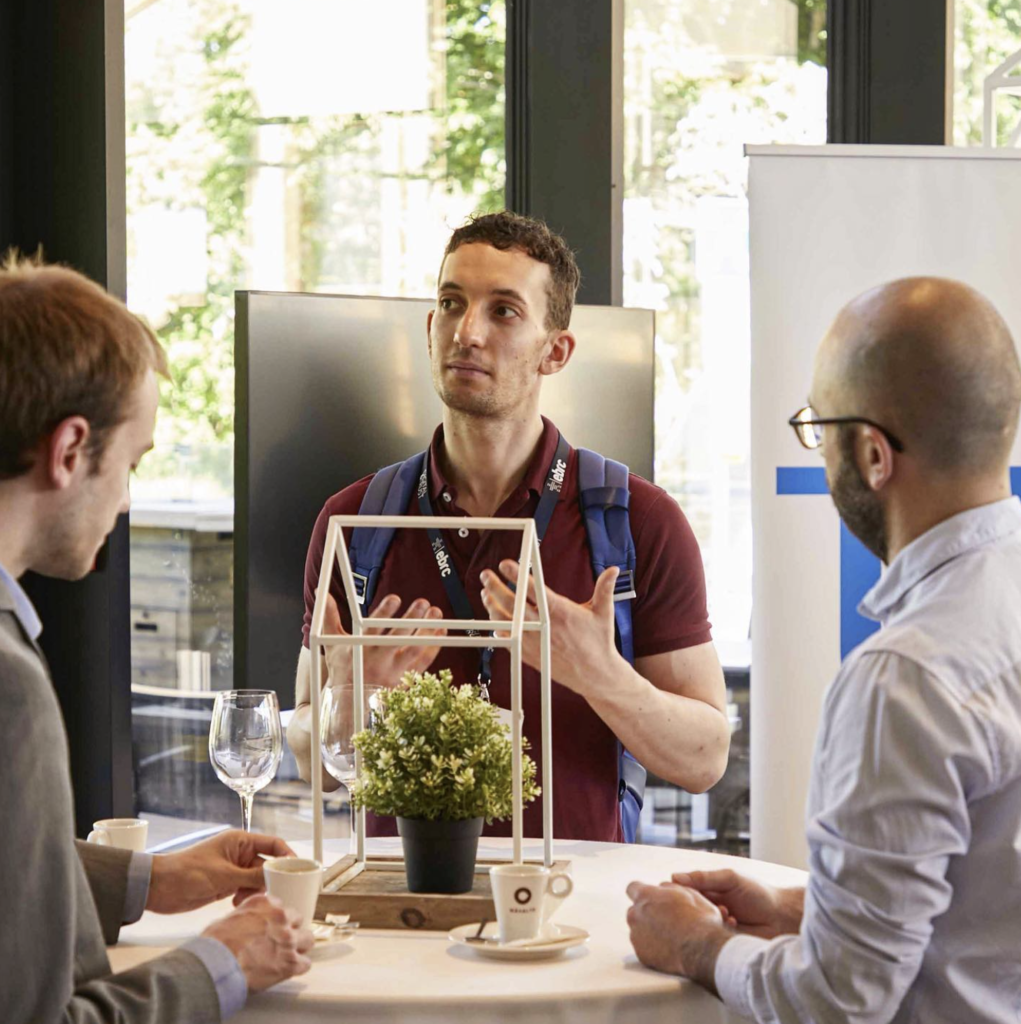
The precious support from the government and the financial sector per se, that helps practitioners and actually doctoral students to make the research like no others.
Alessandro Tugnetti
More generally, Research Luxembourg represents an highly supportive research environment. Whether it concerns funding opportunities, collaboration possibilities or access to research infrastructures, Luxembourg offers a very facilitating and supportive landscape according to Alessandro.
To him, Luxembourg is one of the few research destinations that allows one to get in touch directly and quickly with the main players in scientific research. It is also a powerful environment providing “regardless of who you are, if you deserve it, the most propitious opportunity will be offered to you”.
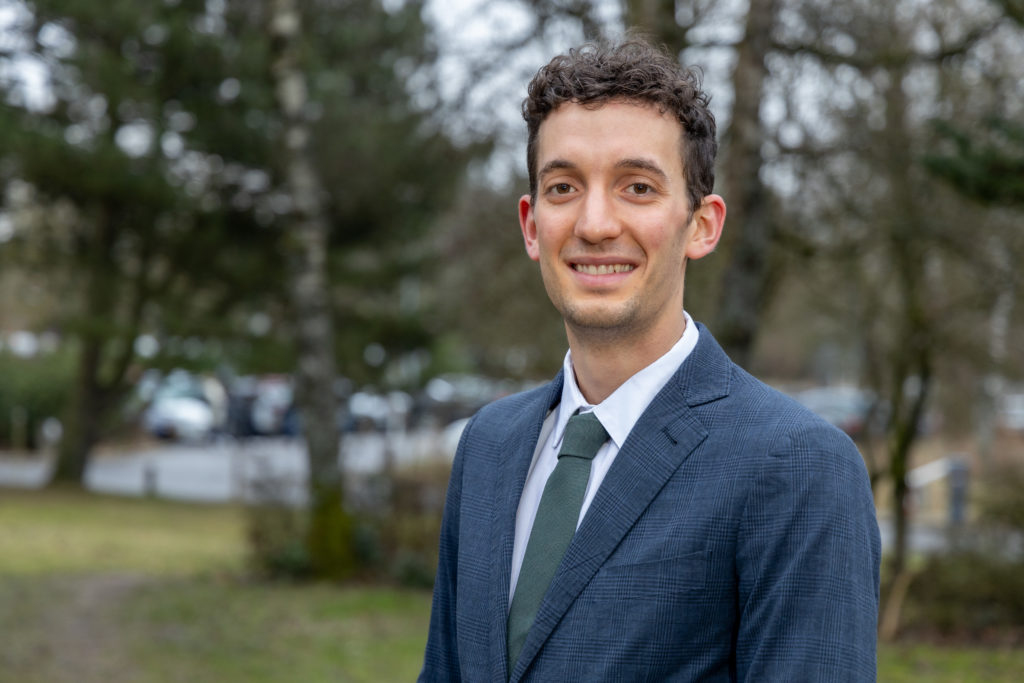
My Supervisors were immediately supportive in the elaboration and development of multidisciplinary projects. In fact, we think that the collaboration and intersection of very different ideas and experiences is necessary to solve extremely complex questions.
Alessandro Tugnetti
Luxembourg: a complex city
For Alessandro, Luxembourg is a many-sided city: in its simplicity and tranquillity, there are so many different cultures and visions that it sometimes seems difficult to fit into one. Despite this, the important thing is to find one own dimension and here, everyone can do it.
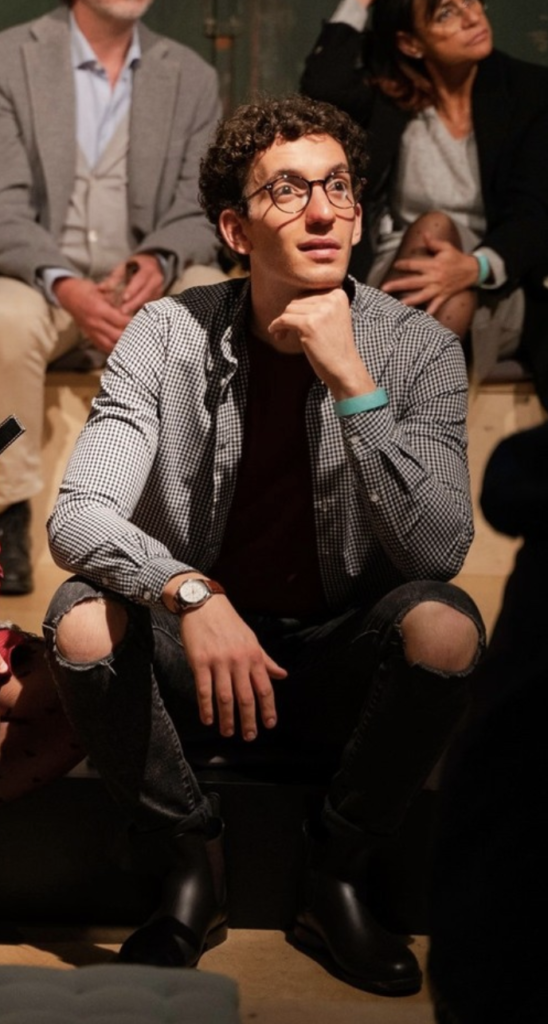
I like Luxembourg so much because it is the land of contrast: in the same neighborhood, you can find both medieval villages and skyscrapers. And for me, that is super fantastic!
Alessandro Tugnetti
And the most interesting aspect of the country remains its open-mindedness and its ability to create continuous opportunities.









